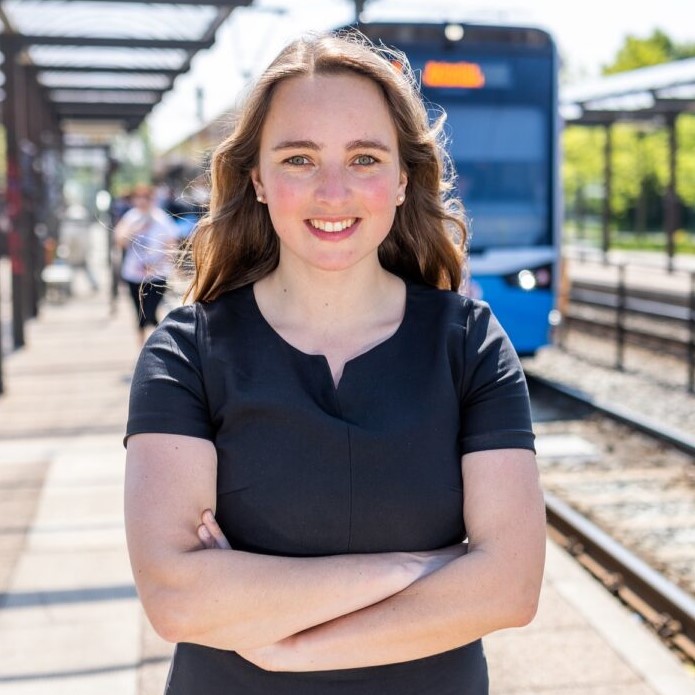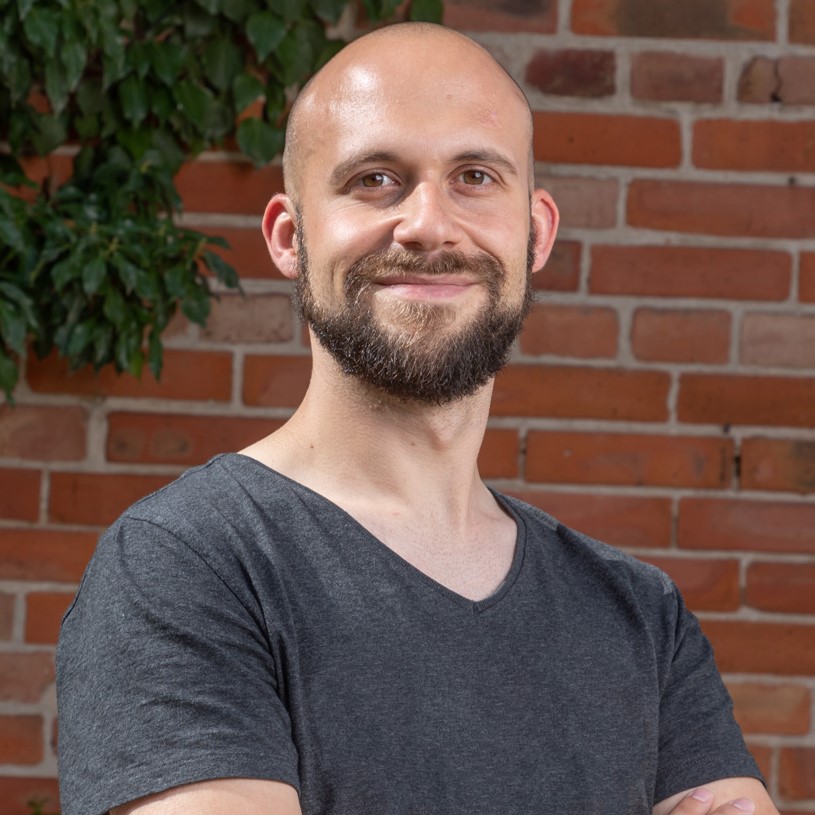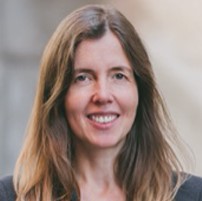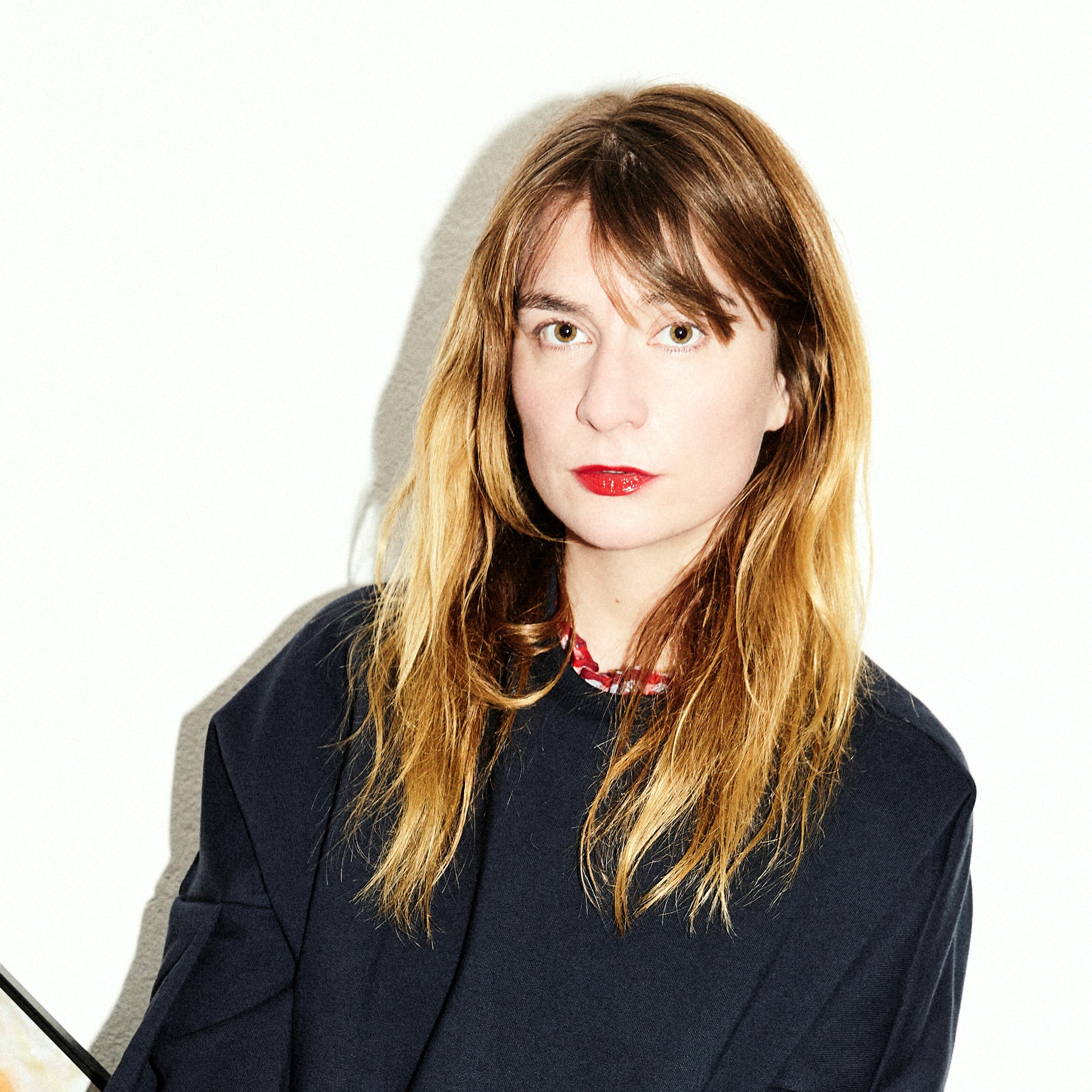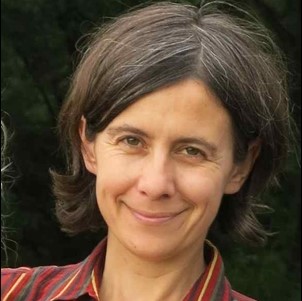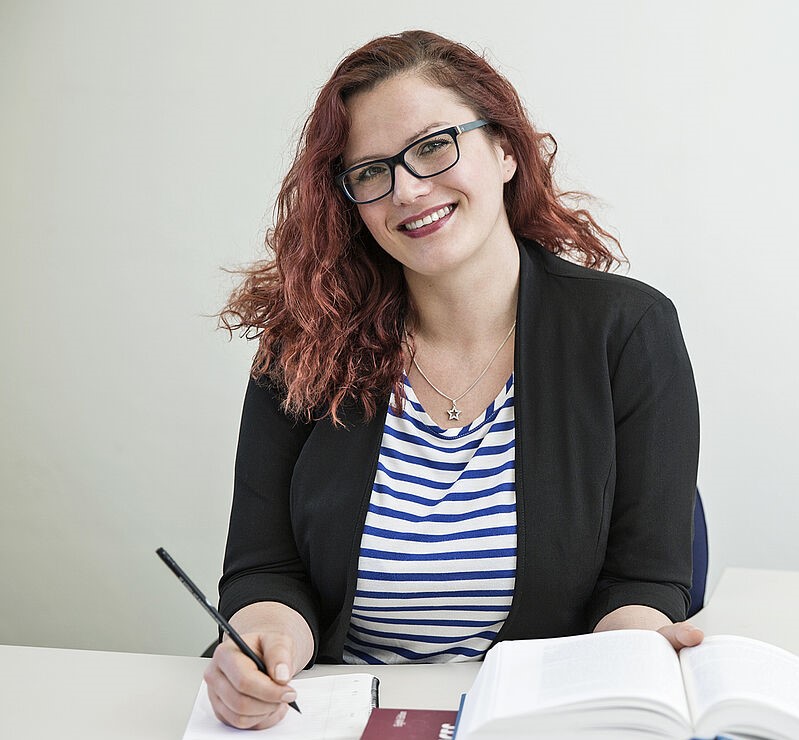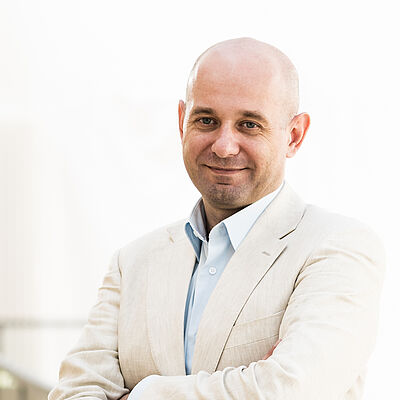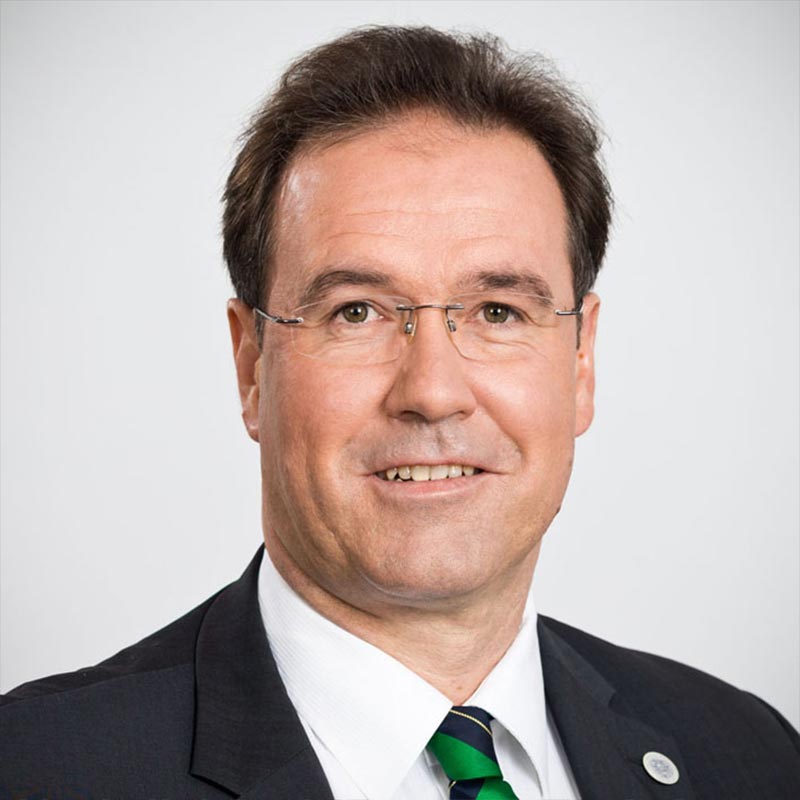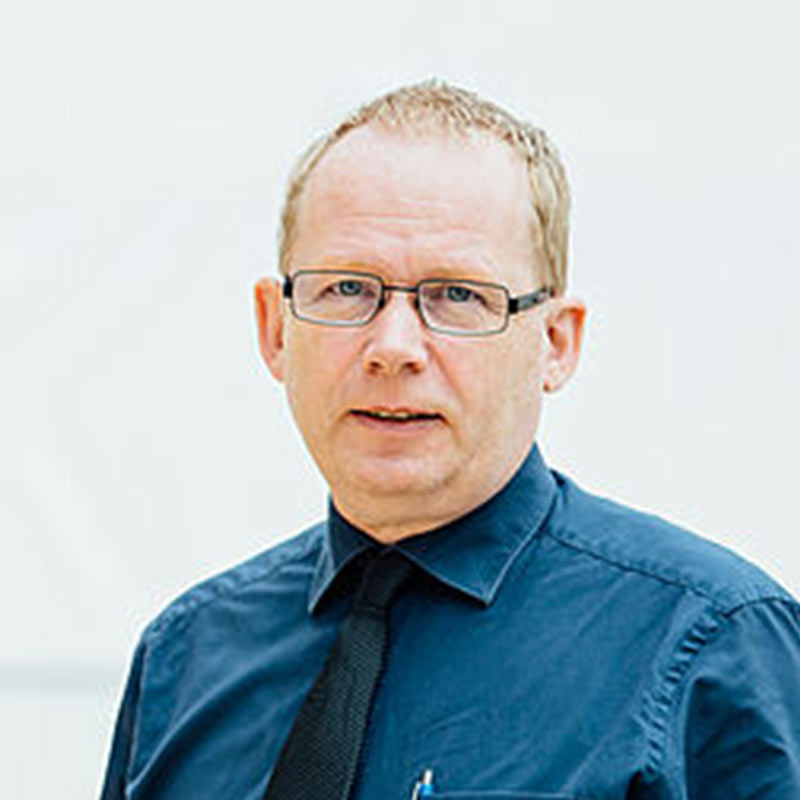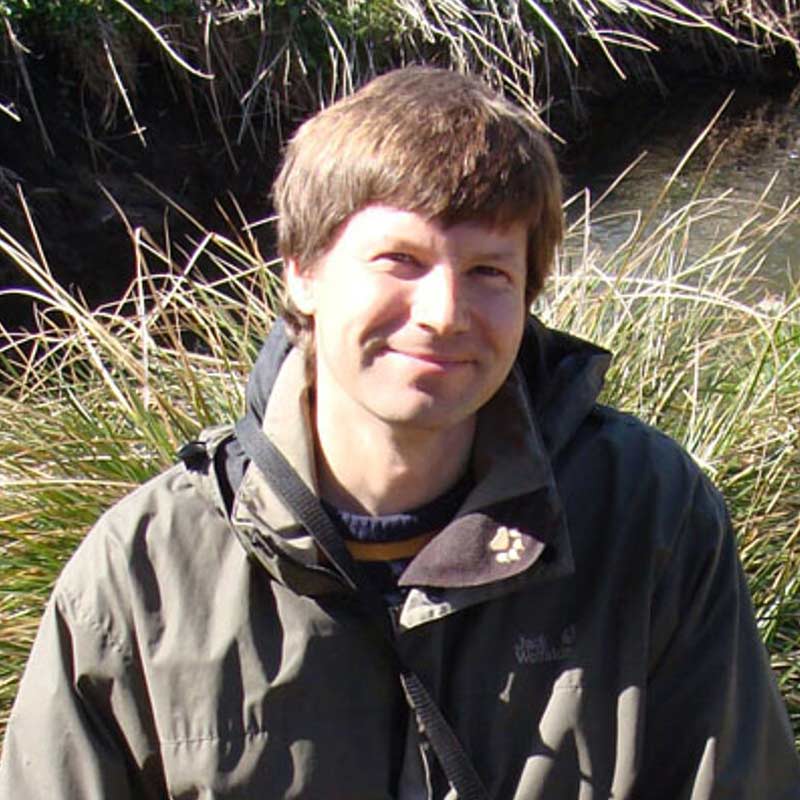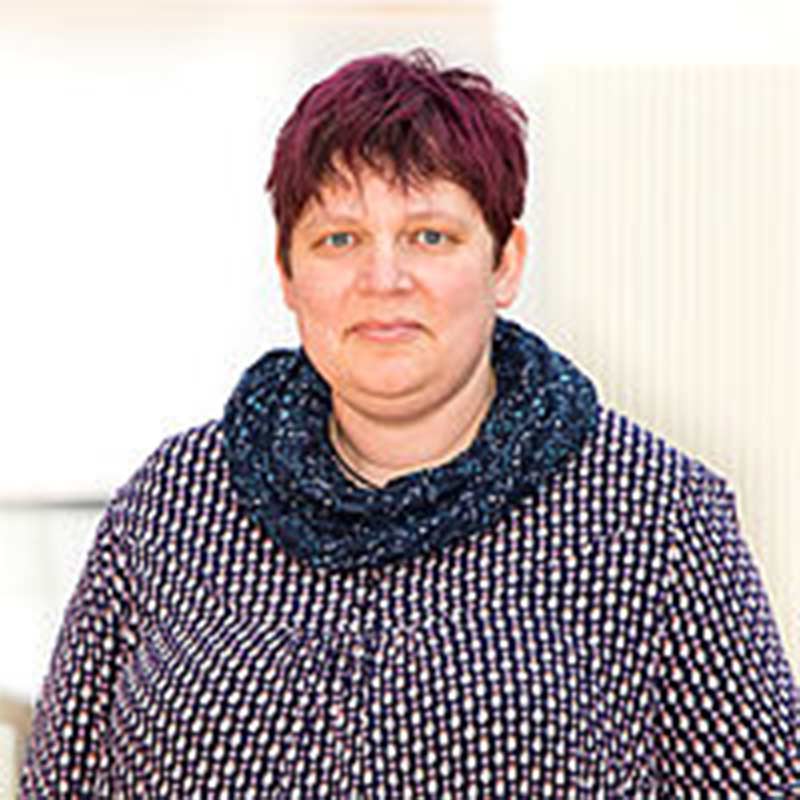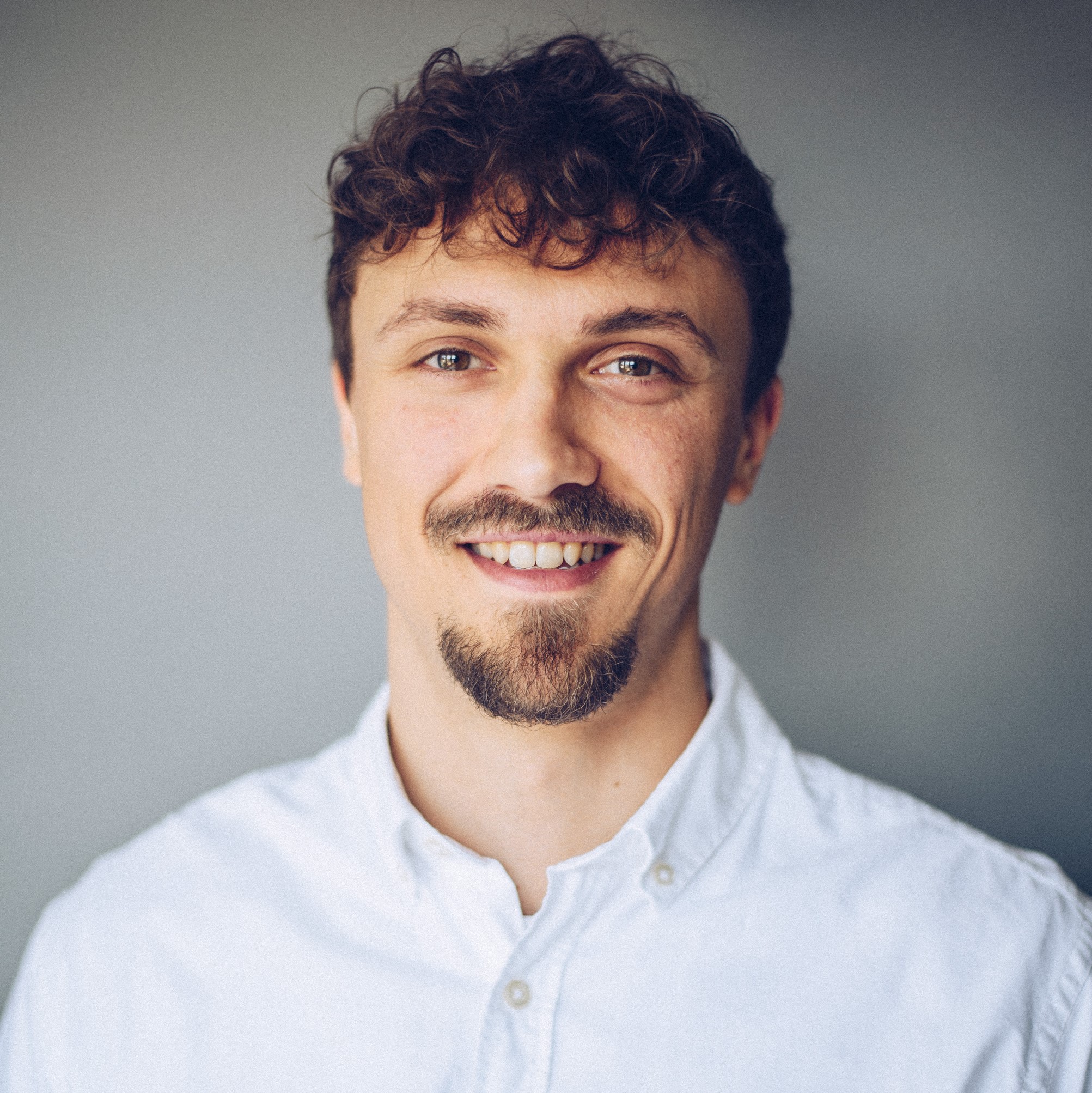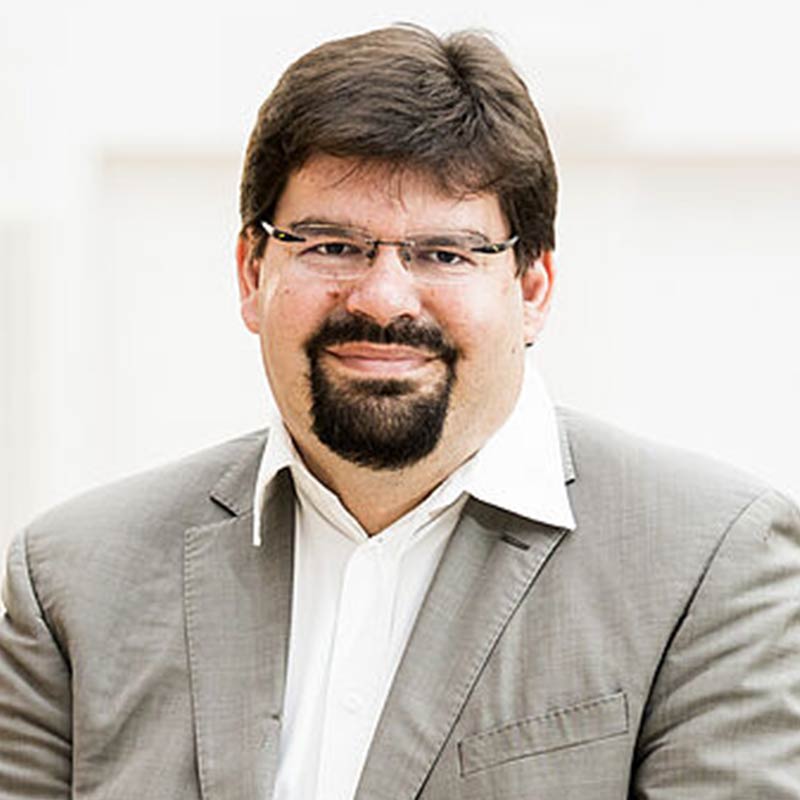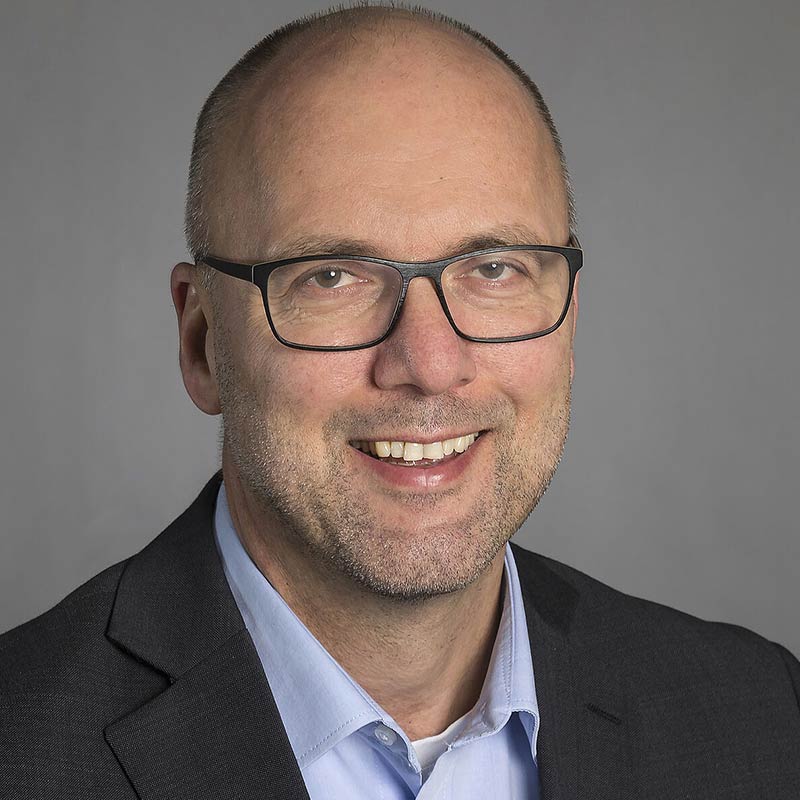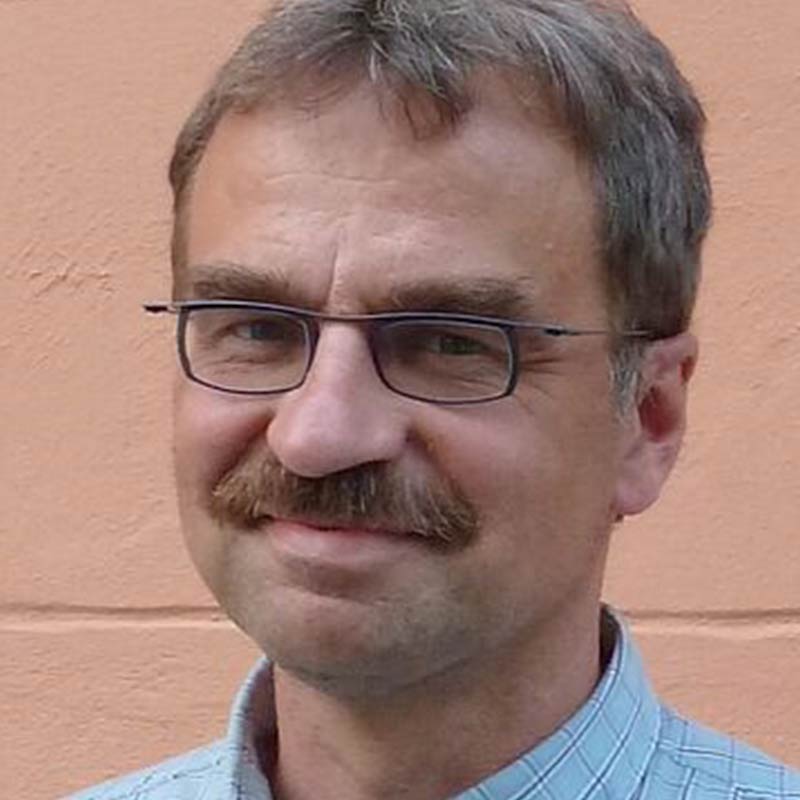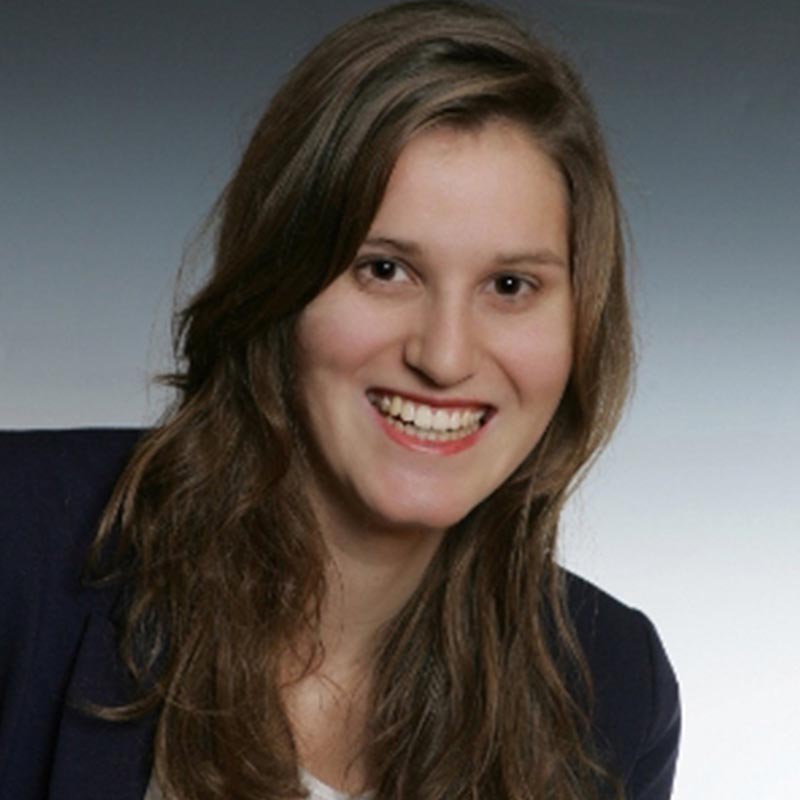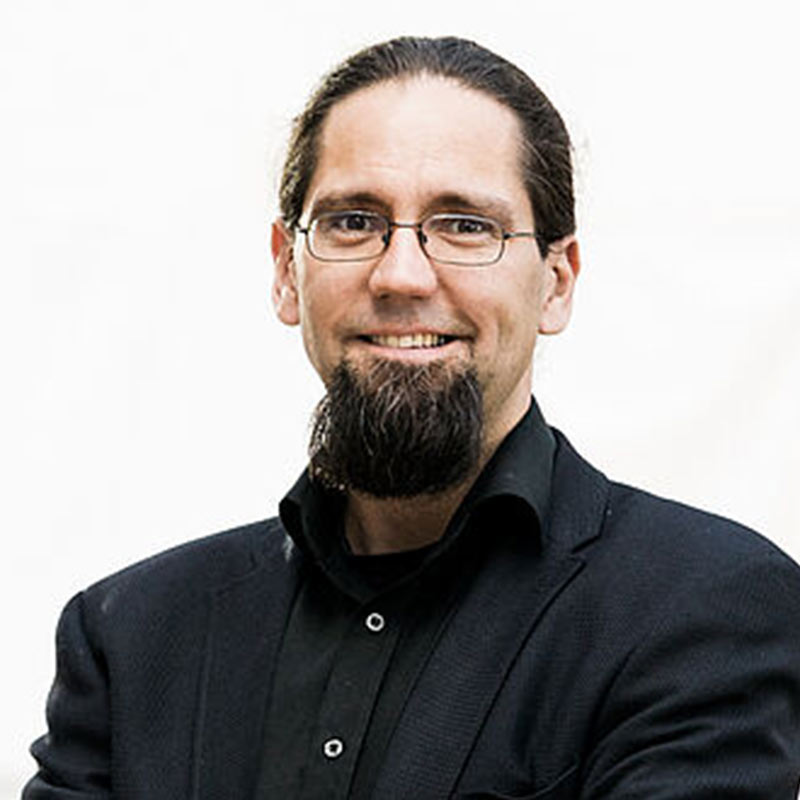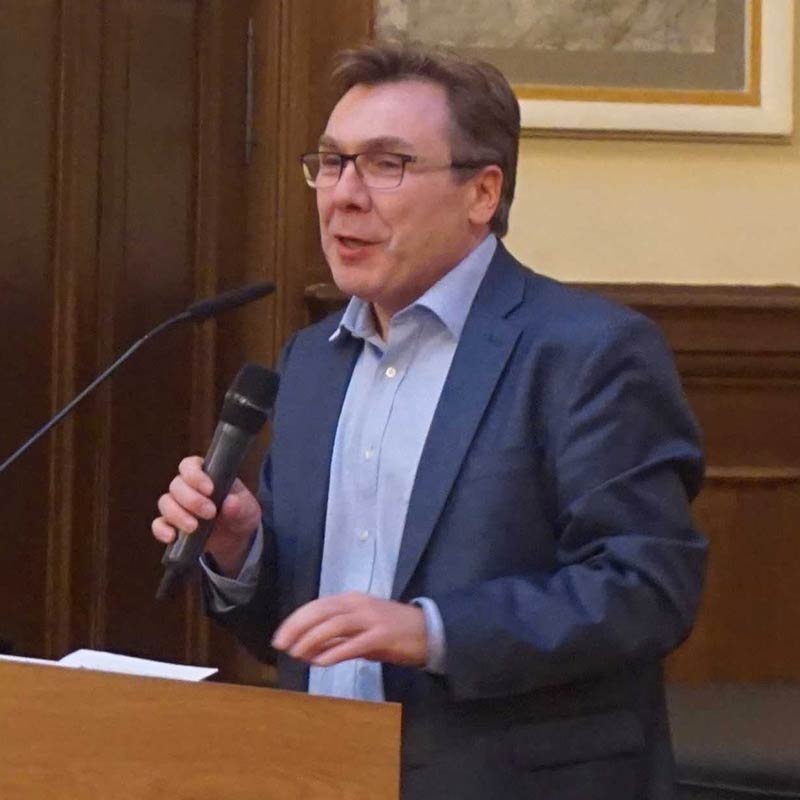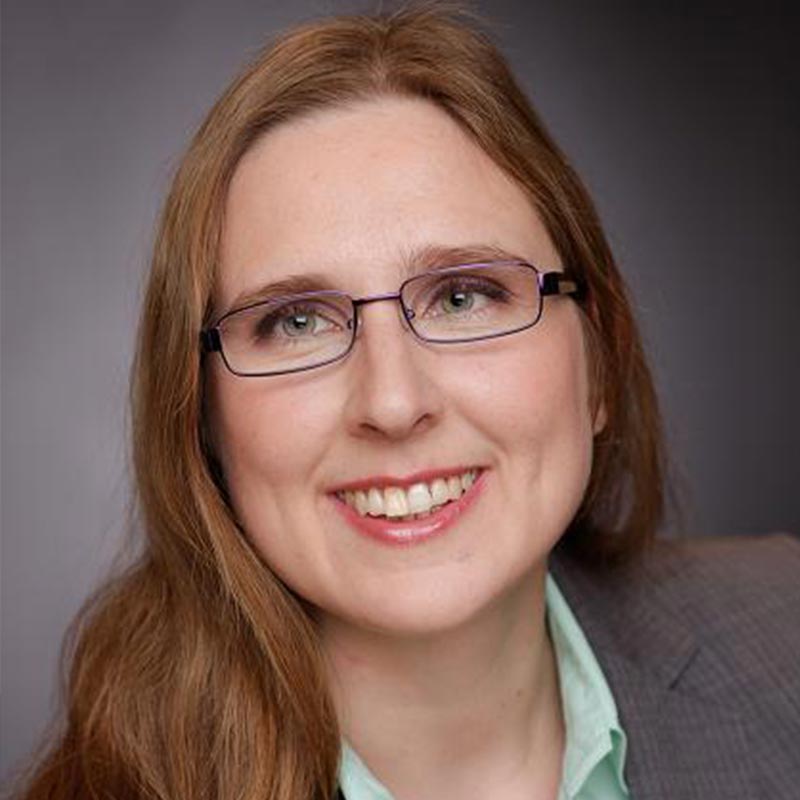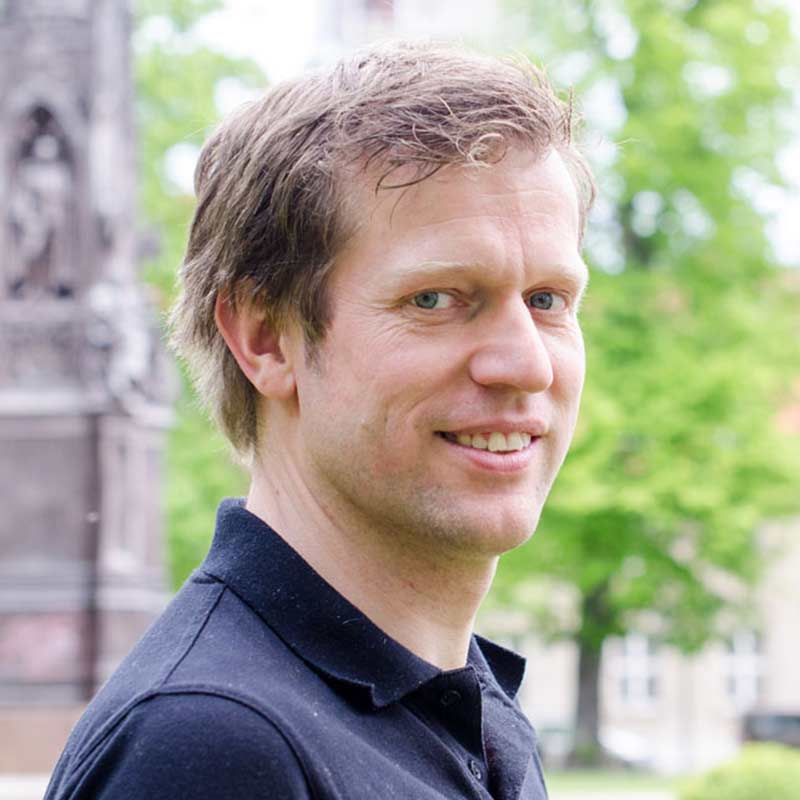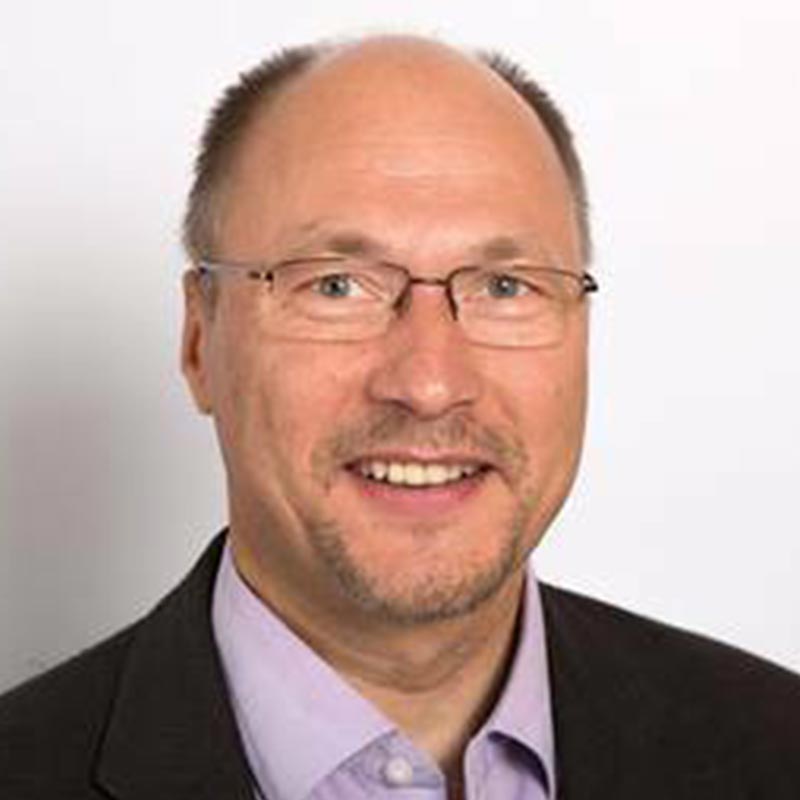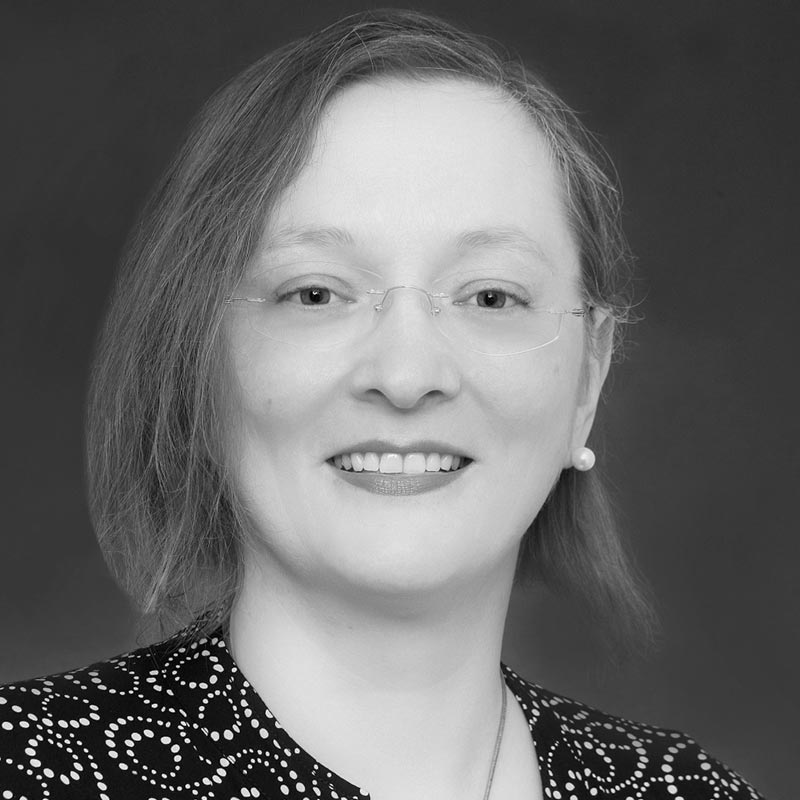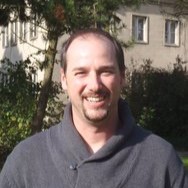About the speakers
SustainMV - The Sustainability Summer School
SustainMV features world-renowned sustainability experts.
Marie Heidenreich
Marie Heidenreich is running for the state parliament MV for the Green Party. She works as a science journalist and writes about marine and climate research. As an activist at Radentscheid Rostock, she advocates better cycling infrastructure.
Hannes Trettin
Hannes Trettin is an industrial engineer (mechanical engineering) and founder (SNAZZ, Project Bay) as well as a lecturer at HTW Berlin for business administration/commerce and entrepreneurship. He has worked internationally as a manager for the e-mobility sector at Robert Bosch GmbH and previously for Deloitte GmbH, Continental AG and AUDI AG. In the course of these activities, he has built up an extensive network in the mechanical engineering scene. With the foundation of SNAZZ (sustainable fashion platform), he has expanded this with networks in the accelerator, co-working and start-up scene.
Anna Hope
How do we form resilient networks that bring out fun-oriented and creative sustainable behaviour, create synergy effects and enrich consumers, instead of bringing out a feeling of sanity-driven individual resignation?
Anna Hope studied cultural management and am co-founder of „Regionalwert“ in Mecklenburg-Vorpommern, which is a citizen shares coorporation. We connect producers, processors, local communities and educational institutions with each other and support people who create products and services which bring social and infrastructural benefits into this region.
Thekla Wilkening
Thekla Wilkening founded her first company „Kleiderei“, a Fashion-Rental-Service when she was 25 years old. „Kleiderei“ is Germanys first Access-over-Ownership and an revolutionary example for circular economy in textiles. Today she is consulting different business models in terms of sustainability and is an active advocate for more social justice in the fashion industry. Wilkening has just published her first book “Das Bio-Pizza Dilemma”, which encourages readers to find their own approach to a sustainable (fashion)lifestyle.
Dr. Franziska Tanneberger
Franziska Tanneberger is a senior researcher at the Institute of Botany and Landscape Ecology at Greifswald University and co-director of the Greifswald Mire Centre, Germany. She has studied landscape ecology at Greifswald (DE) and Reading (UK) universities. Her research includes fen mire ecology and biodiversity, paludiculture, and peatland restoration, particularly within carbon schemes and with a focus on Germany, Russia, Belarus, and Poland. The Greifswald Mire Centre is a science-policy-practice-interface of University of Greifswald, Michael Succow Foundation and DUENE e.V. More than 50 peatland experts of various disciplines work at the GMC. The GMC coordinates several peatland databases, including the Global Peatland Database (GPD), the Database of Potential Paludiculture Plants (DPPP), and the Peatland and Nature Conservation International Library (PeNCIL). The GMC is founding member of the Global Peatlands Initiative (GPI).
Dr. Maxi Bergel
Maxi Bergel works as a research assistant at the Chair of Marketing at the University of Rostock since 2014. In 2019, she received her PhD in the field of services marketing on the topic of relationship marketing, in particular on the topics of complaint management and customer engagement in tourism. Since 2021, she is leading the BMJV-funded project „SMart – Sustainable Service Management“ and investigates measures to overcome purchase and consumption barriers of sustainable services using tourism as an example.
Prof. Dr.-Ing. Jasminko Novak
Prof. Dr.-Ing. Jasminko Novak is Professor of Information Systems at Stralsund University of Applied Sciences and heads the Competence Center Human-centered Intelligent Systems & Sustainability at its IACS – Institute for Applied Computer Science. He is also chairman of the European Institute for Participatory Media in Berlin. Prof. Novak’s recent research investigates how human-centered AI applications can be developed put people and not the technology at the center and consider the possible impact on the economy, the environment and society. In interdisciplinary research projects practical digital innovations for sustainability are co-created and developed together with users and companies enabling them to realize new, sustainability-oriented business models and services.
Prof. Dr. Michael Nelles
Michael Nelles is an environmental engineer and studied Technical Environmental Protection (Technical University of Berlin). From 1994 to 1999, he was Vice Director of the Department Waste Management of Montanuniversität Leoben in Austria. From 2000 to 2006, he was Professor of Environmental Engineering of the University of Applied Science in Göttingen (Germany). Since 2006, he is full professor of Waste and Resource Management of the Faculty of Agricultural and Environmental Sciences of the University of Rostock, Germany. Since 2012, Prof. Nelles is also the Scientific Director of the German Biomass Research Center (DBFZ) in Leipzig.
His research activities focus on fundamental and applied aspects of waste management, especially technological, environmental and economic aspects of mechanical, biological and thermal treatment systems for waste and biomass in different recycling and recovery routes.
He is a member of national and international advisory and managing boards of organisations in the field of environmental protection and renewable energies, as well as board member of different national and international conferences and journals. He is author of over 400 articles and chapters in books and journals since 1994. His international activities focus on Asia, in particular on China (Guest Professor in Beijing, Hefei, Shanghai & Shenyang; National Friendship Award 2011).
Prof. Dr. Jan-Christian Kuhr
Jan-Christian Kuhr is professor at Stralsund University of Applied Sciences. After having received his PhD in physics from Rostock University he has spent his professional career in the computer industry as well as the glass coating business. He has joined the School of Mechanical Engineering at Stralsund University in 2016 where his teaching covers physics, measurement technology and control systems. He is also giving lectures on renewable energy for master degree students. Prof. Kuhr consideres it a great chance for young engineers and scientists to be a part of the present transformation of the energy system and to contribute to it with creative ideas and innovative solutions.
Dr. Tiemo Timmermann
Tiemo Timmermann studied Biology at the Free University of Berlin. 1998 PhD (ecosystem dynamics of wetlands), 1999-2000 fellow at Utrecht University, Netherlands, since 2000 researcher, lecturer, project and study programme coordinator at the Institute for Landscape Ecology and Ecosystem Dynamics at Greifswald University. Since 2015 he holds the position of the Representative for Sustainability at Greifswald University. His tasks include, among others, sustainability reporting, strategy development for carbon neutrality, education for sustainable development and networking.
Romy Sommer
Romy Sommer is a project member at the Institute for Renewable Energy Systems. Founded by over 30 scientists, the Institute stands for a joint commitment to applied research and practice-oriented teaching in the fields of renewable energies and hydrogen technology at the University of Stralsund.
The purpose of the Institute’s scientific work is interdisciplinary research, teaching, training and further education as well as technology transfer in the field of modern energy systems with a focus on:
• Use of renewable and alternative energy
• Energy conversion, storage and use
• Modelling and automation of related
processes
• Economic and environmental aspects of
such energy systems
Ramy Soliman
Ramy Soliman was born in 1990. He obtained his Master of Science degree in electrical engineering from the University of Rostock in 2017. Since then he has been working as a scientific assistant and PhD student at the Stralsund University of Applied Sciences in the excellence research program „Netz-Stabil“. His research areas include hybrid energy storage systems in the context of the energy transition, as well as power electronics, electrical drives and their control.
Prof. Dr. Werner Gronau
Werner Gronau is Professor for Tourism, Travel & Transport at Stralsund University of Applied Sciences in Germany. He has extensive experience in tourism research and education, with previous posts and visiting professorships in Cyprus, Australia and Italy. He has worked in several research projects granted by various institutions, such as the European Commission, the DFG (German Research Foundation) or the German Ministry of Research and presented the results on international conferences, in various journals and books. He acts as Editor of the Journal of Tourism Sciences and serves as a reviewer for several tourism and transport journals, such as Journal of Sustainable Tourism or Journal of Transport Geography.
Prof. Dr. Uwe Ritschel
Uwe Ritschel is Professor of Wind Energy Technology at the University of Rostock since 2014. He also acted as Honorary Lecturer at the Universities of Kassel and Bremerhaven from 2015 to 2020 and is currently a Honorary Lecturer at the Southern Mediterranean University in Tunisia.
Prior to that, Ritschel acted as engineering consultant within the wind industry. He was the founder and managing director of Windrad Engineering GmbH from 2002 to 2013. From 2011 to 2013 he was the Managing Director of Nordex Advance Development GmbH.
He received his doctorate in Physics (Dr. rer. nat) at the University of Oldenburg in 1989.
Prof. Dr.-Ing. Kersten Latz
Kersten Latz is Professor of statics, strength of materials and steel construction at the Wismar University of Applied Sciences since 1998. He acts as Managing Partner B+J Engineering at the Society for Engineering Science and Applied Research in Civil Engineering mbH in Wismar since 2008. From 2008 on, he is also the Dean of Studies at the Faculty of Engineering at Wismar University.
Prior to his professorship, he worked with Böger + Jäckle Ingenieursgesellschaft mbH in Henstedt-Ulzburg for 5 years and was a research assistant at the Institute for Applied Mechanics at the TU Braunschweig where he also completed his studies in Civil Engineering at.
Natalie von Butler
Natalie von Butler is currently a PhD student and research assistant at the Institute of Structural Mechanics at the Bauhaus University Weimar. She finished her Bachelor in Civil Engineering at Wismar University and completed her Master in Natural Hazards and Risks in Structural Engineering at the Bauhaus University Weimar in 2019.
Prof. Dr. Johannes Gulden
Since 2012 Prof. Dr. Johannes Gulden is part of the Institute for Renewable Energy Systems at the University of Applied Sciences in Stralsund. He leads and manages several projects regarding hydrogen technologies and emission free mobility. Since 2018 he is a full time Professor with the main focus on renewable energies. He is now the head of the Institute and continues to be involved in many research projects.
Prof. Dr. Jörn Dosch
Jörn Dosch is Professor/Chair of International Politics and Development Cooperation and Vice-Dean of the Faculty of Economics and Social Sciences, University of Rostock, Germany. He is also Adjunct Professor at the University of Malaya in Kuala Lumpur, one of the leasing universities in Asia. Previous positions include Professor of International Relations at the Australian Monash University (Malaysia Campus), Head of the Department of East Asian Studies, University of Leeds, and Fulbright scholar at Stanford University. He received his PhD from the Johannes Gutenberg-University Mainz. His research and teaching focuses on politics, international relations and questions of development in Europe, Asia and Latin America. He has spent extended periods of time in Asia since the early 1990s. Prof. Dosch also regularly works as a consultant for the European Union’s development program and has evaluated several donor-funded projects in Asia and Latin America.
Prof. Jennifer Strunk
Jennifer Strunk received her diploma and PhD degree in Industrial Chemistry from the Ruhr-University Bochum, Germany, in 2004 and 2008, respectively. After a postdoctoral stay at UC Berkeley (2008-2010) and employment as junior research group leader at Ruhr-University (2010-2014) and as research group leader at the Max-Planck-Institute for Chemical Energy Conversion (2014-2016), she became head of the new Department of Heterogeneous Photocatalysis at the Leibniz Institute for Catalysis (LIKAT) in Rostock, Germany, in January 2017. She is also appointed as Professor (W2) for Catalysis at the University of Rostock, Germany. Since January 2019 she additionally serves as Editor for Applied Surface Science (Elsevier). Her prime research interest is to develop reliable and reproducible research methodologies to understand the basic elementary processes and active sites in heterogeneous photocatalysis.
Dr. Stefan Ewert
Stefan Ewert is a political scientist and landscape ecologist. He is a member of the cluster „Sustainability“ at the Interdisciplinary Centre for Baltic Sea Region Research (IFZO) at the University of Greifswald and a member of the Greifswald Mire Centre (GMC).
Prof. Dr. Clemens Fuchs
Clemens Fuchs, born 16. August 1959 in Ellwangen/Jagst (Germany) and grown up on a farm, studied Agricultural Sciences at the University of Stuttgart-Hohenheim and graduated with Diploma (1983) and PhD (1988). He started as a teacher at the Academy for Agriculture in Nürtingen (1987-1989), was a visiting scholar at Michigan State University (1989-1990) and then became a research assistant at the University of Stuttgart-Hohenheim (1990-1995). In 1995 to 1996 he was leader of the project “Restructuring of Large Agricultural Farms in the Region of Vladimir, Russia” and since 1996 professor for Farm Management at the University of Applied Sciences in Neubrandenburg. Other activities: Delegated National Expert at the European Commission (2001-2002) and Agricultural Appraiser since 2008. He supports student exchange and research cooperation with universities in Argentina, Kazakhstan, Russian Federation and Ukraine. He is engaged in the development of a binational master program with double degree in sustainable agricultural production management with Argentina fostered by DAAD. Dr. Fuchs has long experience in projects concerning Farm Management and, in the field of renewable energy and, especially teaching Entrepreneurship. A selection of research topics of last years is (short title), “Resource efficiency in beef production in Germany, Brazil and Argentina” (aided by Rehwinkel foundation), “Regional effects of smart microgrids in bioenergies” (aided by German Federal Ministry of Research/BMBF) and Animal welfare and eco-nomic efficiency in the future-oriented dairy farming – evaluation of various actions and their economic impact (funded by the Federal Ministry of Education and Research). Most recently he was a member of the EU project TEEN FARM – TEaching ENtrepreneurship for new FARMers (Project n.2018-1-IT01-KA202-006804).
Dr. Anja Katharina Peters
Dr. Anja Katharina Peters is a pediatric nurse and nursing scientist with a PhD in history of medicine. This summer term, she has held an interim professorship for Highly-Complex Care at Neubrandenburg University of Applied Sciences. She is particularly interested in contemporary nursing theories, professionalization of nursing and historical nursing research.
Dr. Adrian A. Bischoff-Lang
Adrian Bischoff-Lang is a research associate at the Professorship for aquaculture and sea-ranching at the University of Rostock. He studied biology and did his doctorate on fisheries biology. At the University of Rostock he teaches on aquaculture systems.
Research interests
- Integrated MultiTrophic Aquaculture (IMTA)
- Balancing of nutrients, e.g. phosphorus in aquaculture
- Cultivation of fish larvae, including artificial food chains
- Cultivation of polychaete for the utilization of solid wastes
